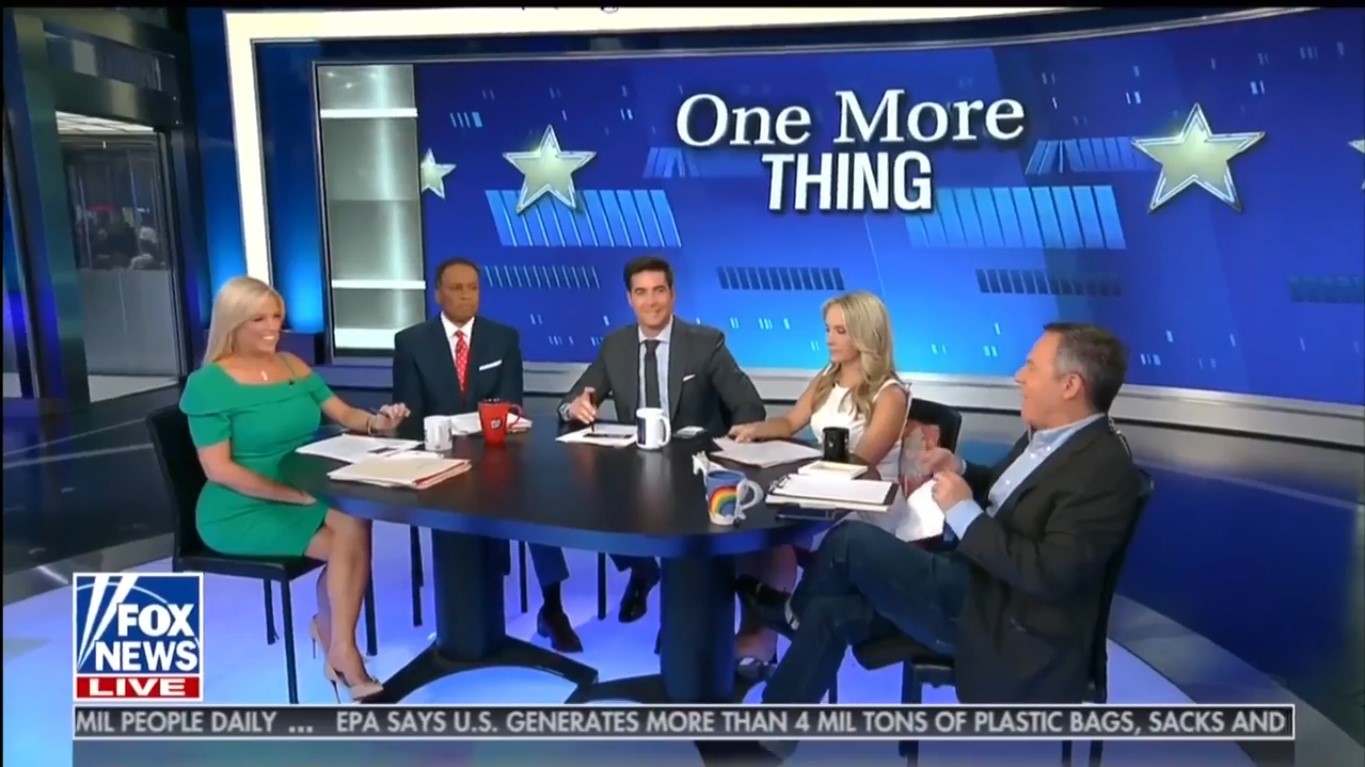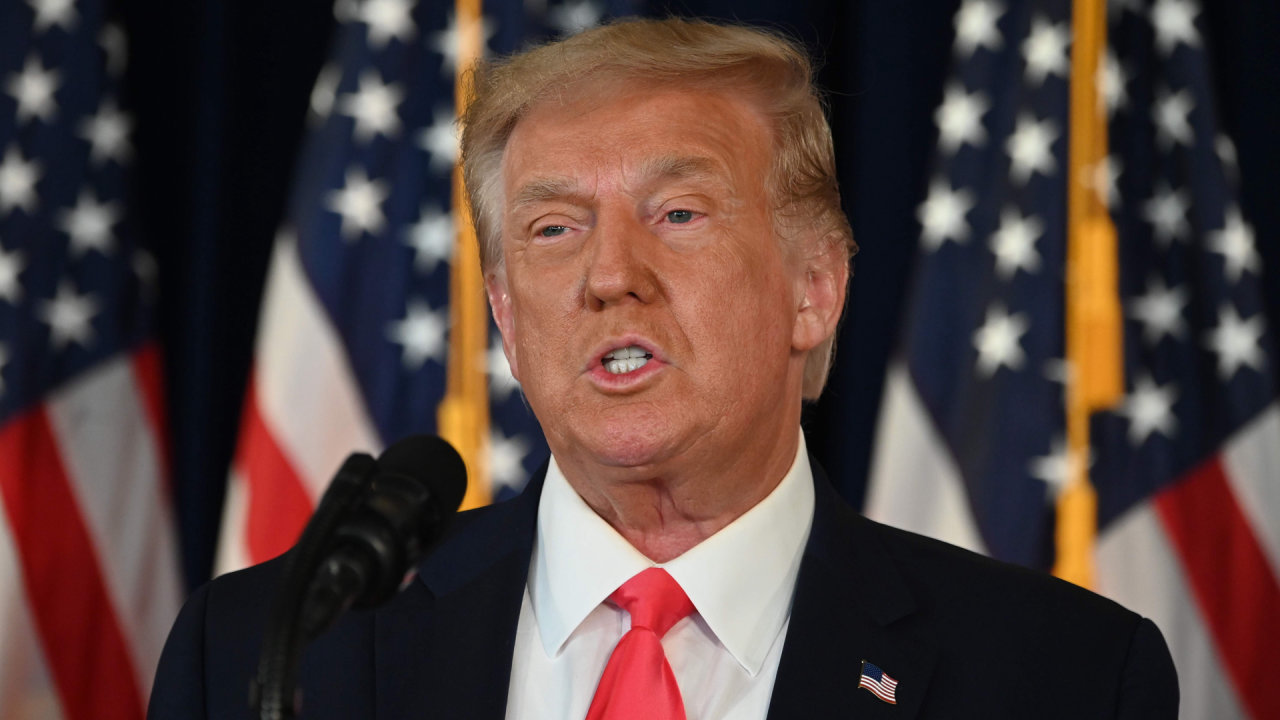Trump's Transgender Military Ban: A Critical Analysis Of The Policy

Table of Contents
The Rationale Behind the Ban
The stated justifications for Trump's transgender military ban lacked both evidence and transparency, relying heavily on unsubstantiated claims and underlying societal biases.
Claims of Military Readiness and Cost
Proponents of the ban argued that transgender service members negatively impacted military readiness and incurred excessive costs. However, this assertion is largely unsupported by credible evidence.
- Lack of Evidence: Numerous studies and reports have failed to demonstrate any significant negative impact on military readiness attributable to transgender service members. The Department of Defense itself has not produced data substantiating these claims.
- Increased Costs of the Ban: Ironically, the ban itself generated substantial costs, including legal fees associated with numerous lawsuits, the cost of separating already serving transgender personnel, and the disruption to recruitment and training processes. These costs far outweigh any purported savings.
- Focus on Individual Cases: The arguments often focused on isolated cases rather than the broader picture of transgender service members successfully and quietly serving their country.
Concerns about Healthcare Costs and Deployment Readiness
Another argument revolved around the supposedly exorbitant healthcare costs and compromised deployment readiness associated with transgender service members.
- Healthcare Costs: The cost of transgender-related healthcare represents a minuscule fraction of the overall military healthcare budget. Furthermore, many transgender individuals require minimal or no specialized healthcare.
- Deployment Readiness: The overwhelming majority of transgender service members are fully capable of deploying and performing their duties effectively. Any claims to the contrary are not supported by factual evidence.
- Successful Integration in Other Militaries: Many other militaries around the world have successfully integrated transgender individuals without experiencing the negative consequences claimed by proponents of the ban.
Underlying Societal Biases and Discrimination
The decision to implement Trump's transgender military ban cannot be fully understood without acknowledging the deeply ingrained societal prejudices and discrimination against LGBTQ+ individuals.
- Historical Context: The ban is part of a long history of marginalization and discrimination against LGBTQ+ people, rooted in deeply held misconceptions and unfounded fears.
- Motivations Beyond Stated Justifications: Critics argue that the stated justifications served as a pretext for a policy driven by discriminatory motives and societal biases, rather than genuine concerns about military readiness or cost.
- Impact of Hateful Rhetoric: The ban was fueled by hateful rhetoric and misinformation, which created a climate of fear and prejudice that impacted policy decisions.
The Impact of the Ban
Trump's transgender military ban had profound and devastating consequences for transgender service members and the military as a whole.
Impact on Transgender Service Members
The ban inflicted significant harm on the lives and careers of transgender individuals serving or aspiring to serve in the U.S. military.
- Emotional Toll: The ban caused immense emotional distress, anxiety, and uncertainty for transgender service members, undermining their sense of belonging and security.
- Discharge and Loss of Benefits: Many transgender service members were discharged from the military, losing their jobs, benefits, and opportunities.
- Impact on Recruitment and Retention: The ban deterred qualified transgender individuals from even considering military service, impacting the diversity and talent pool of the armed forces.
Effect on Military Morale and Cohesion
The ban negatively impacted military morale, unit cohesion, and the overall reputation of the U.S. military.
- Impact on LGBTQ+ Allies: The ban alienated and disheartened LGBTQ+ allies within the military, who felt betrayed by a policy that discriminated against their comrades.
- Negative Effects on Recruitment and Retention: The policy created a perception of intolerance and discrimination, potentially affecting recruitment and retention across all demographics.
- International Relations: The ban damaged the U.S.'s reputation internationally and strained relationships with allies who have embraced more inclusive military policies.
Legal Challenges and Outcomes
The ban faced numerous legal challenges, resulting in significant court battles and ultimately, its reversal.
- Key Court Cases: Numerous lawsuits challenged the legality and constitutionality of the ban, ultimately leading to its reversal in court.
- Supreme Court Involvement: While the Supreme Court did not directly rule on the ban itself, lower court rulings effectively ended its enforcement.
- Long-Term Legal Implications: The legal challenges to the ban established important precedents for the protection of LGBTQ+ rights within the military and beyond.
Long-Term Implications and Future Considerations
Trump's transgender military ban had lasting consequences, highlighting the critical need for inclusive policies within the military.
The Need for Inclusive Military Policies
Moving forward, inclusive policies that respect the rights and dignity of all service members, regardless of gender identity or sexual orientation, are crucial.
- Benefits of Diversity: A diverse military better reflects the population it serves and benefits from a wider range of perspectives and experiences.
- Equal Opportunity: All qualified individuals should have equal opportunities to serve their country, regardless of their gender identity.
- Positive Impact on Morale and Readiness: Inclusive policies foster a more positive and supportive environment, improving morale and readiness.
Lessons Learned and Future Policy Recommendations
The experiences surrounding Trump's transgender military ban offer valuable lessons for future policymaking.
- Evidence-Based Policymaking: Future policies should be based on evidence and data, not on prejudice and unfounded assumptions.
- Improved Healthcare Access and Support Systems: Comprehensive and inclusive healthcare should be provided to all service members, including transgender individuals.
- Education and Awareness Programs: Education and awareness programs can help combat prejudice and promote understanding and acceptance within the military.
Conclusion
Trump's transgender military ban was a harmful and discriminatory policy with devastating consequences. This analysis reveals a clear lack of evidence to support the purported justifications, while demonstrating the significant negative impact on transgender service members and military readiness. The fight against such discriminatory policies continues, and the need for inclusive military practices that fully embrace the rights and contributions of transgender individuals remains paramount. We must strive for a military that reflects the diversity of our nation and rejects policies like Trump's transgender military ban, creating a future where all qualified individuals can serve their country with pride and without fear of discrimination.

Featured Posts
-
 Examining Pam Bondis Video The Controversy Surrounding Killing American Citizens
May 10, 2025
Examining Pam Bondis Video The Controversy Surrounding Killing American Citizens
May 10, 2025 -
 Su Lot Xac Ngoan Muc Cua Lynk Lee Sau Chuyen Gioi
May 10, 2025
Su Lot Xac Ngoan Muc Cua Lynk Lee Sau Chuyen Gioi
May 10, 2025 -
 Us Militarys Arctic Ambitions Examining The Proposed Transfer Of Greenland To Northern Command
May 10, 2025
Us Militarys Arctic Ambitions Examining The Proposed Transfer Of Greenland To Northern Command
May 10, 2025 -
 The Unexpected Wall Street Rally A Deep Dive Into The Reversal Of Bear Market Trends
May 10, 2025
The Unexpected Wall Street Rally A Deep Dive Into The Reversal Of Bear Market Trends
May 10, 2025 -
 Sharing Transgender Experiences The Effects Of Trumps Executive Orders
May 10, 2025
Sharing Transgender Experiences The Effects Of Trumps Executive Orders
May 10, 2025
